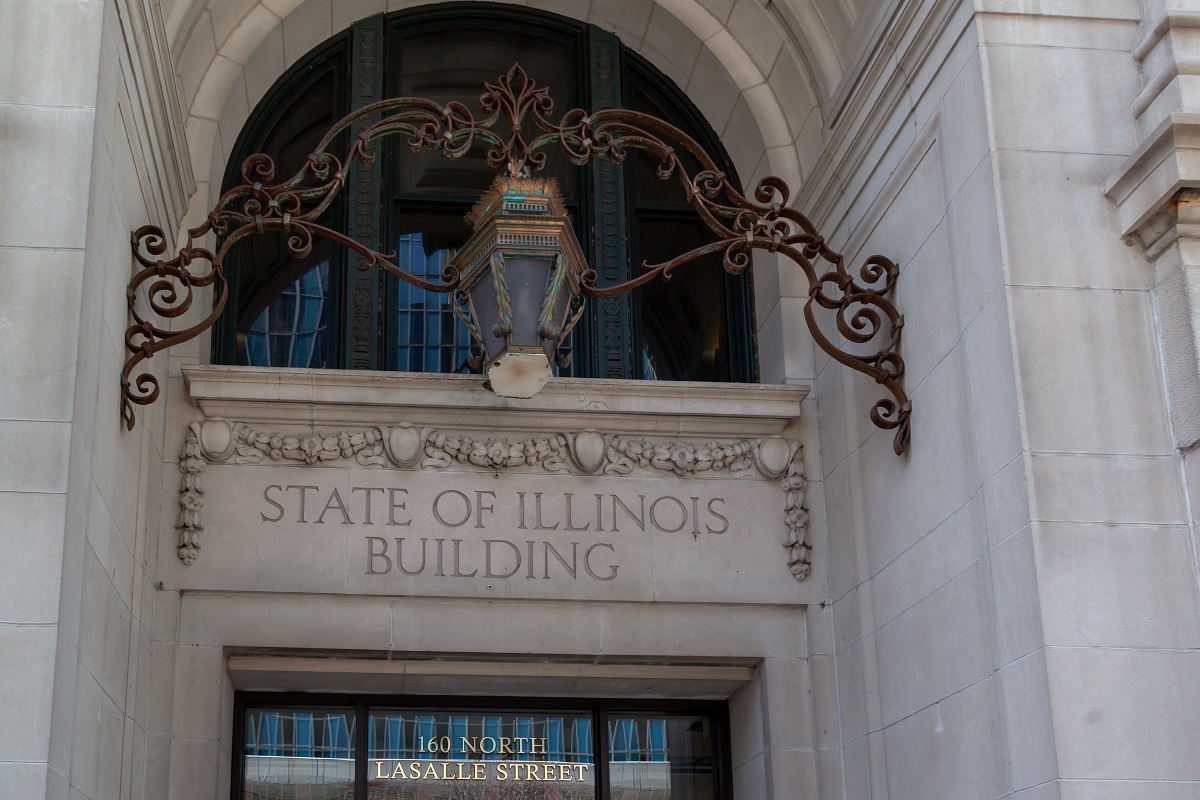The Appellate Court of Illinois, First District, recently affirmed the dismissal of a putative class action for lack of standing because the named plaintiffs suffered no injury in fact to a legally cognizable interest.
Posts tagged as “Appellate Court of Illinois”
The Appellate Court of Illinois, Fifth District, recently held that, because the defendant borrowers failed to file their petition for relief from a foreclosure judgment in the same proceeding in which the allegedly void order was entered, as required under Illinois procedural rules, the petition should have been dismissed without prejudice.
The Appellate Court of Illinois, First District, recently held that a trial court should not have rejected a borrower's attempt to vacate two different foreclosure judgments against him on the grounds of defects in service of process in those actions.
The Appellate Court of Illinois, Second District, recently affirmed the dismissal of a claim for supposed violations of the federal Fair Debt Collections Practices Act where the consumer plaintiff failed to allege facts that the money sought to be collected was a “debt” as defined by section 1692a(5) of the FDCPA, and the demand letter from the defendant law firm indicated that the debt was commercial in nature.
In an action by a group of borrowers who alleged a fraudulent reverse mortgage scheme, the Appellate Court of Illinois, First District, recently affirmed the trial court’s judgment against the borrowers, and held that neither the discovery rule nor the continuing violation rule tolled the five-year statute of limitations for the borrowers’ declaratory judgment claims, making them untimely.
The Appellate Court of Illinois, First District, recently affirmed a trial court’s order denying a tenant’s emergency petition to vacate an eviction following a foreclosure action.
The Appellate Court of Illinois, First District, recently rejected a borrower's arguments that his breach of a forbearance agreement was immaterial, and that the lender was attempting to use the breach for an improper purpose by attempting to recover substantially more than the amount to which it was allegedly entitled.
The Appellate Court of Illinois, First District, recently reversed a trial court’s order striking an affirmative defense to a foreclosure, vacated the foreclosure rulings, and remanded the matter for further proceedings.
The Appellate Court of Illinois, First District, recently held that a borrower failed to identify any meritorious defense sufficient to stop or undo a judicial foreclosure sale. In so ruling, the Appellate Court rejected the borrower's arguments that the servicer failed to comply with the loss mitigation rules under the federal Real Estate Settlement Procedures Act (RESPA) that she claimed would have allowed her to cure her default, because the servicer qualified as a "small servicer" under 12 C.F.R. 1026.41(e)(4), and was therefore exempt from the loss mitigation rules.
The Appellate Court of Illinois, Second District, recently affirmed a trial court’s order denying a borrower’s motions to vacate a foreclosure judgment and for leave to file an untimely answer and counterclaims, and the subsequent motion to reconsider, finding the trial court’s decision did not result in substantial injustice.
The Appellate Court of Illinois, First District, recently held that the borrowers' appeal in a mortgage foreclosure action was moot for failure to timely perfect a stay of enforcement of the final judgment.
The Appellate Court of Illinois, Second District, recently affirmed a trial court's rulings (1) granting summary judgment in favor of the mortgagee, (2) approving a judicial sale, and (3) denying the borrower's motion to reconsider.












